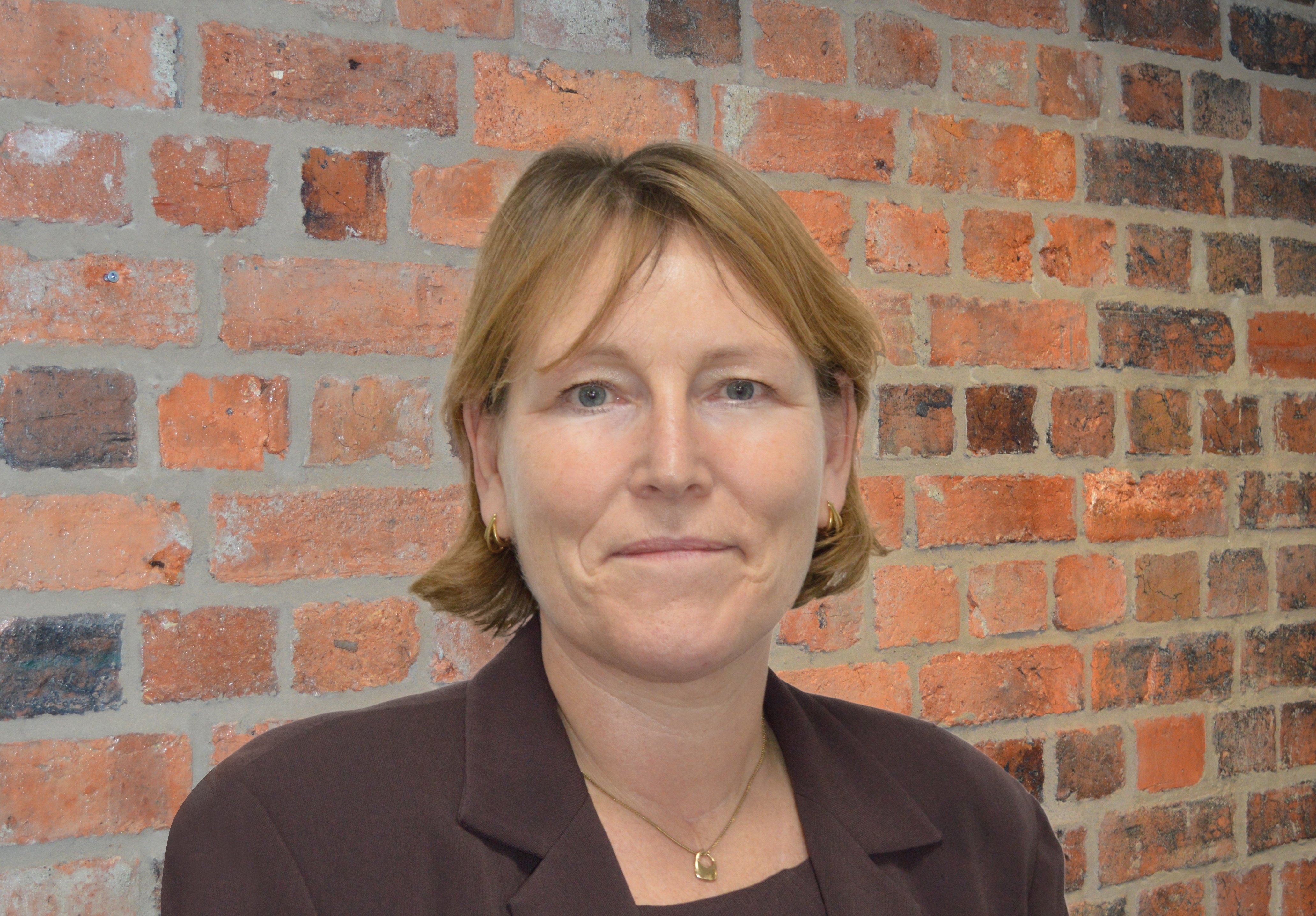Establishing the correct amount of tax to pay is extremely important to GPs cash flow. It is crucial to know what your tax liability is going to be as early as possible so there are no hidden surprises. We work with many practices and GPs on tax related issues always looking for ways to reduce their tax liability by maximising allowances and claims.
Here are our Top 5 tax tips for GPs:
1. Reclaim overpaid national insurance – If a GP is employed as well as self-employed, paying both class 1 and class 4 national insurance contributions and earning over £43,000 a year, it is important to ensure that national insurance has not been overpaid. These claims can be back-dated indefinitely. For more information, see our article here.
2. Check tax relief on superannuation contributions – Most self-employed GPs pay contributions on estimated assessments. Where there is either an under or overpayment of superannuation, the corresponding tax relief will need to be adjusted.
3. Keep a record of expenses – Professional subscriptions (such as GMC, MPS and MDU) are all allowable expenses against taxable income during the year. For GPs that are partners, keeping an accurate record of personal expenses, such as a mileage log, claiming for broadband, mobile telephone, bills etc. will also help to reduce your tax liability.
4. Check pension position – from 6 April 2016, the rules regarding the maximum amount individuals can contribute to a pension scheme in a tax year received a dramatic overhaul. For high earning GPs, there could be significant tax liabilities arising through no fault of their own if the position is not monitored. For more information, see our article on ‘Tax Relief for Pension Contributions’ here.
5. Ensure Entrepreneur’s Relief (ER) is available - For GPs retiring, leaving or reducing their commitment in a partnership, ER may also be available on the disposal of business assets as long as the disposal is within a certain time scale and the order of events is correct. The relief effectively halves the rate of Capital Gains Tax from 20% to 10% giving significant tax savings.
If you would like more information about any of the above, then please do not hesitate to contact Ceri Lewis or a member of our Healthcare Team.

